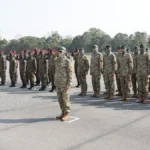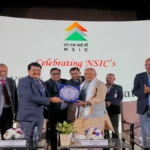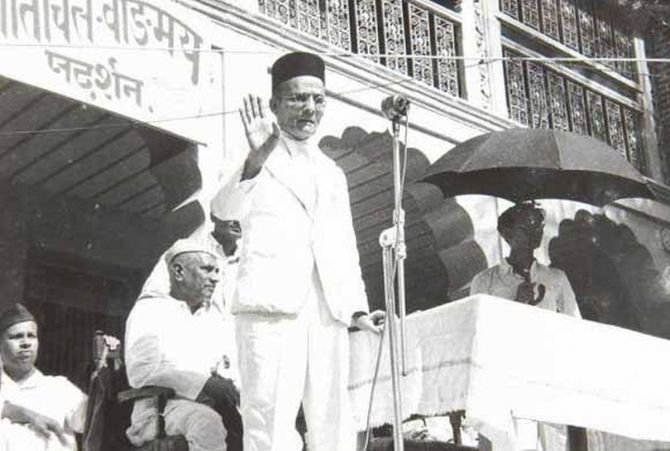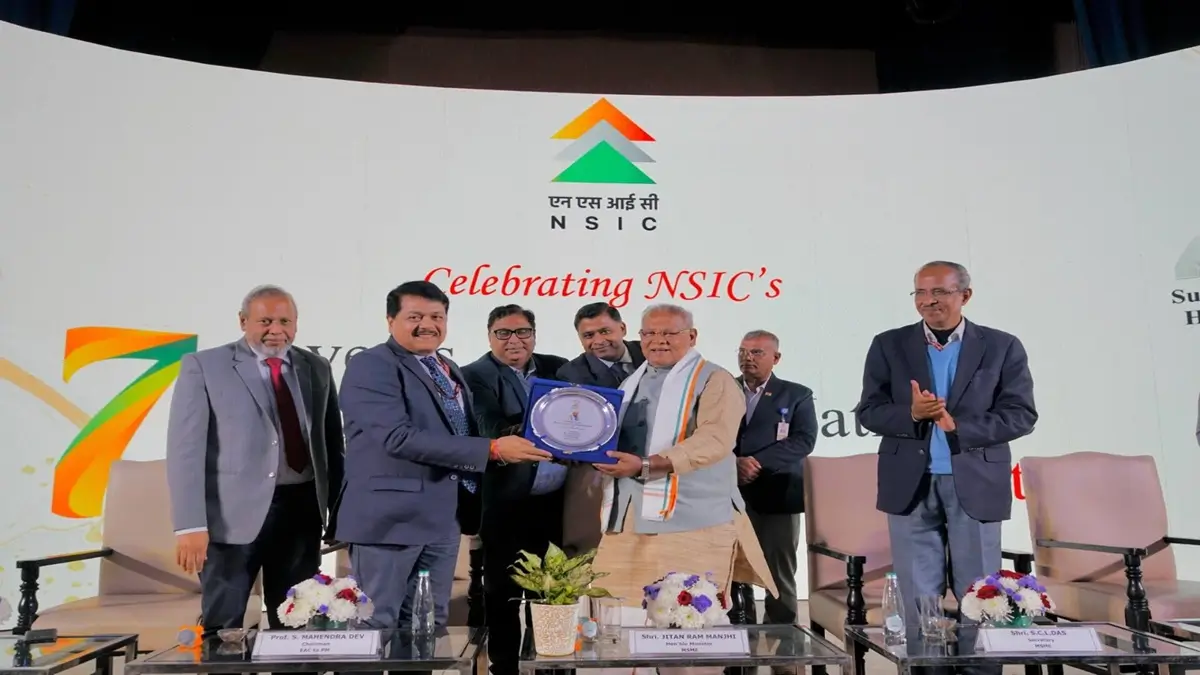Vinayak Damodar Savarkar : Vinayak Damodar Savarkar Biography
Vinayak Damodar Savarkar, commonly known as Veer Savarkar, was a prominent Indian independence activist, politician, and writer who played a key role in India’s struggle for freedom from British rule. He is also credited with coining the term “Hindutva,” which refers to the Hindu nationalist ideology. In this article, we will take a closer look at the life and achievements of this great leader.
Savarkar was born on May 28, 1883, in Bhagur, a small town near Nashik, Maharashtra. He was one of the earliest proponents of the concept of India as a Hindu Rashtra (Hindu nation) and believed that India’s independence could only be achieved through armed revolution. Savarkar was a prolific writer and penned several influential books, including “The Indian War of Independence,” which advocated for armed resistance against the British.
In 1910, Savarkar was arrested for his involvement in the revolutionary activities against the British and was sentenced to life imprisonment. He was sent to the Cellular Jail in the Andaman and Nicobar Islands, where he spent 10 years in solitary confinement. During this time, Savarkar continued to write and even composed poems and plays in his prison cell.
After his release in 1924, Savarkar continued his political activities and played an active role in the Hindu nationalist movement. He also served as the president of the Hindu Mahasabha, a right-wing Hindu nationalist political party, from 1937 to 1943. Despite his contributions to the Indian independence movement, Savarkar’s legacy remains controversial due to his association with the Hindu nationalist movement and his alleged involvement in the assassination of Mahatma Gandhi.
In conclusion, Vinayak Damodar Savarkar was a complex figure who played a crucial role in India’s freedom struggle. While his legacy remains a topic of debate, there is no denying the impact he had on Indian politics and society.
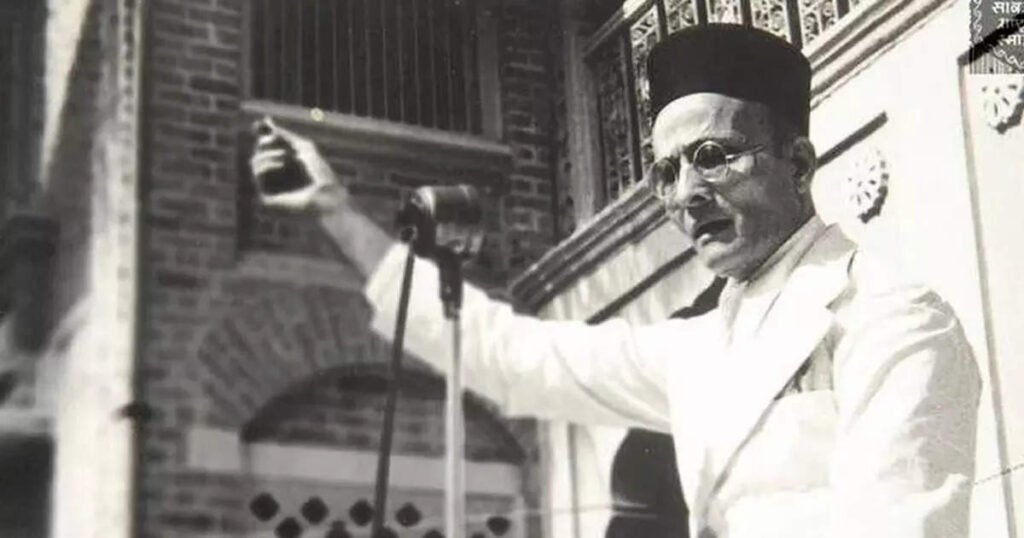
Why this News is important
Vinayak Damodar Savarkar is an important figure in Indian history, and his biography is essential reading for students preparing for government exams. Understanding Savarkar’s contribution to the Indian independence movement and his role in the Hindu nationalist movement is crucial for anyone seeking a career in Indian politics or civil service. Here are some key reasons why the news of Savarkar’s biography is important:
To Learn about India’s Freedom Struggle
Savarkar’s life and legacy are deeply intertwined with India’s freedom struggle. By reading his biography, students can gain a deeper understanding of the challenges faced by Indian nationalists and the sacrifices they made to achieve independence from British rule.
To Understand Hindu Nationalism
Savarkar is often regarded as the father of the Hindu nationalist movement, and his writings and speeches continue to influence right-wing politics in India today. Understanding the ideology and history of Hindu nationalism is essential for anyone seeking a career in Indian politics.
To Explore the Controversies Surrounding Savarkar
Savarkar’s association with the Hindu nationalist movement and his alleged involvement in Gandhi’s assassination have made him a controversial figure in Indian history. By reading his biography, students can explore these controversies and form their own opinions on Savarkar’s legacy.
Historical context
The life of Vinayak Damodar Savarkar must be seen in the context of India’s struggle for freedom from British rule. Savarkar was one of the key leaders who fought for India’s independence and played an instrumental role in shaping the country’s political landscape.
During the early 20th century, India was under British colonial rule, and there were several movements aimed at achieving independence from British rule. Savarkar was a member of the Indian revolutionary movement and advocated for armed resistance against British rule. He was one of the first proponents of the concept of India as a Hindu Rashtra (Hindu nation), which became a key component of the Hindu nationalist movement.
In 1910, Savarkar was arrested for his involvement in the assassination of a British official and was sentenced to life imprisonment. He was sent to the Cellular Jail in the Andaman and Nicobar Islands, where he spent 10 years in solitary confinement. During his time in prison, Savarkar continued to write and composed several poems and plays.
After his release in 1924, Savarkar continued his political activities and played an active role in the Hindu nationalist movement. He served as the president of the Hindu Mahasabha from 1937 to 1943 and played a crucial role in the formation of the Bharatiya Jana Sangh, the predecessor of the Bharatiya Janata Party.
Savarkar’s legacy remains a topic of debate, with some hailing him as a great patriot and others criticizing his association with the Hindu nationalist movement and alleged involvement in Gandhi’s assassination. However, there is no denying the significant impact he had on India’s political and social landscape.
Key Takeaways from “Vinayak Damodar Savarkar Biography”
Here are five key takeaways that students should know from the biography of Vinayak Damodar Savarkar:
| Serial Number | Key Takeaway |
|---|---|
| 1 | Savarkar was a prominent leader in India’s independence movement |
| 2 | He was a prolific writer and coined the term “Hindutva” |
| 3 | Savarkar was imprisoned for 10 years in the Cellular Jail |
| 4 | He played an active role in the Hindu nationalist movement |
| 5 | Savarkar’s legacy remains controversial due to his associations |
In conclusion, the biography of Vinayak Damodar Savarkar is an essential read for students preparing for government exams in India. By learning about Savarkar’s life and legacy, students can gain a deeper understanding of India’s freedom struggle, Hindu nationalism, and the complexities of Indian politics.
Important FAQs for Students from this News
Q1. Who was Vinayak Damodar Savarkar?
A: Vinayak Damodar Savarkar was a prominent leader in India’s independence movement and a key figure in the Hindu nationalist movement.
Q2. What was Savarkar’s role in India’s freedom struggle?
A: Savarkar was a member of the Indian revolutionary movement and advocated for armed resistance against British rule. He played an active role in India’s freedom struggle and was imprisoned for his activities.
Q3. What was Savarkar’s association with the Hindu nationalist movement?
A: Savarkar was one of the first proponents of the concept of India as a Hindu Rashtra (Hindu nation) and played an active role in the Hindu nationalist movement.
Q4. What is the significance of the Cellular Jail in the Andaman and Nicobar Islands?
A: The Cellular Jail is a notorious prison that was used by the British to detain political prisoners during India’s freedom struggle. Many prominent freedom fighters, including Vinayak Damodar Savarkar, were imprisoned there.
Q5. What is the controversy surrounding Savarkar’s legacy?
A: Savarkar’s association with the Hindu nationalist movement and alleged involvement in Gandhi’s assassination have made his legacy controversial.
Some Important Current Affairs Links










